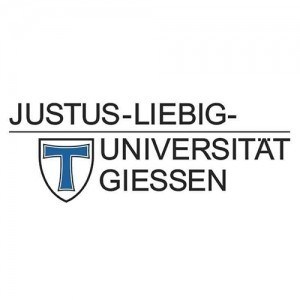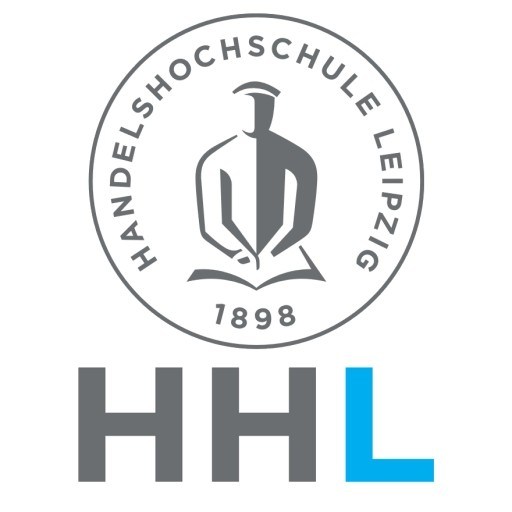Photos of university / #hwrberlin
The Bachelor's degree program in Accounting and Controlling at the Berlin School of Economics and Law offers students a comprehensive education in the core principles and practices of financial management, accounting, and controlling within a dynamic economic environment. Designed to prepare graduates for diverse roles in finance, auditing, corporate management, and consulting, the program combines theoretical foundations with practical applications to develop students' analytical, decision-making, and communication skills. Throughout the coursework, students gain in-depth knowledge of financial accounting, managerial accounting, cost control, financial analysis, and internal and external auditing processes. The curriculum emphasizes the integration of accounting with strategic planning and controlling, enabling students to understand how financial data informs business decisions and contributes to sustainable economic growth. In addition to technical skills, the program fosters a critical understanding of legal, ethical, and regulatory frameworks governing financial reporting and control mechanisms. Students benefit from a combination of lectures, case studies, project work, and internships, which are designed to enhance practical understanding and prepare graduates for immediate entry into the professional world. The program also emphasizes interdisciplinary learning, encouraging students to connect accounting and controlling with broader business functions such as marketing, management, and information technology. International components, including exchange opportunities and courses taught in English, prepare students to work in globalized markets. Graduates of the program are equipped to pursue careers in various sectors, including public accounting, corporate finance departments, controlling units, or to further their education through master's programs. The Berlin School of Economics and Law’s focus on applied learning, combined with close ties to industry and professional practice, ensures that students graduate with relevant skills, valuable networks, and a competitive advantage in the labor market.
Educational organisation
The three-semester, full-time Master's programme comprises two semesters of coursework and one semester for the preparation of the Master's thesis and the final oral examination.The first semester is built around mandatory courses. The respective modules are Advanced Financial and Advanced Managerial Accounting, IT Applications in Accounting as well as International Corporate Finance and Financial Analysis.
In the second semester, students participate in a seminar on Accounting and Controlling issues, which serves as a preparation for the Master's thesis. In addition, students can choose from a number of courses.
- Elective 1: International Auditing or Business Process Management
- Elective 2: Special Issues of International Accounting or Special Issues of Managerial Accounting
- Studium Generale offers a wide range of options, such as Project Management, IT Security and Privacy, The Role of Europe in a Multipolar World, Corporate Transactions, Corporate Social Responsibility, Introduction to Programming, International Strategic Management etc. (subject to change).
Internships
Students who have completed a Bachelor's degree with only 180 credit points (generally corresponding to a three-year Bachelor's programme) will be required to complete a work experience placement in the third semester, which is worth 30 credit points. Students with a Bachelor's degree worth 210 credit points who have already done supervised work experience on their undergraduate programme may also take a placement in the third semester if they wish.Forms of assessment
All modules will be assessed at the end of each semester, either in an exam, a presentation, or a seminar paper (determined by the professor/lecturer). Credits are assigned to the modules according to the workload. A final thesis must be submitted at the end of the course of studies. The Master's thesis (oral exam included) is worth 30 ECTS credits.In calculating the overall grade, the module grades and the grade of the thesis are weighted to reflect the number of ECTS points allocated to each module in the respective programme regulations.
The total amount of credits for this Master's degree are 90 ECTS (120 ECTS with internship).
Course objectives
The coursework at the Master's level focuses on management issues in the chosen specialisation Accounting and Controlling.Students will learn to understand how research expands the boundaries of knowledge and how they can develop original ideas by applying what they have learned. Moreover, graduates will be able to deal with complex issues both systematically and creatively, and will consequently be able to solve problems by thinking "outside the box". They will acquire the skills and abilities needed in the workplace, including sound judgement, personal responsibility, and the ability to take the initiative in complex and unpredictable professional environments.
Graduates of the Master's programme in Accounting and Controlling generally seek employment with public and private corporations, institutions, government services or other international organisations.
Language requirements
Very good knowledge of English is required. The level of English proficiency should correspond to at least level B2 of the CEFR (Common European Framework of Reference), e.g. TOEFL iBT 87, IELTS 6.0 or CAE.Academic requirements
- Bachelor's or equivalent degree in business studies
- Excellent English skills equivalent to at least B2, according to the CEFR (Common European Framework of Reference), e.g. TOEFL iBT 87, IELTS 6.0 or CAE
- Specific evidence of having completed undergraduate courses in financial accounting and managerial accounting/controlling
- Letter of motivation in English
- Curriculum vitae in English
- GMAT with a score of 600 or above (This applies only to non-EU/non-EEA degrees. In this case, proof of English proficiency is not necessary.)
Enrolment fees
Fees for the student services organisation and student parliament groups are approx. 300 EUR (subject to change without notice) per semester. This includes the cost of a semester ticket semester, which allows students to use the Berlin Public Transport (BVG) for six months.Costs of living
The cost of living in Berlin is estimated at approx. 850 EUR per month. This includes rent in a student residence hall (private accommodation costs from 300 to 500 EUR per month), living expenses, health insurance, books and materials, and incidental expenses.Job opportunities
There are many job opportunities for students in Berlin.Non-EU students are permitted to work within specified limits.








